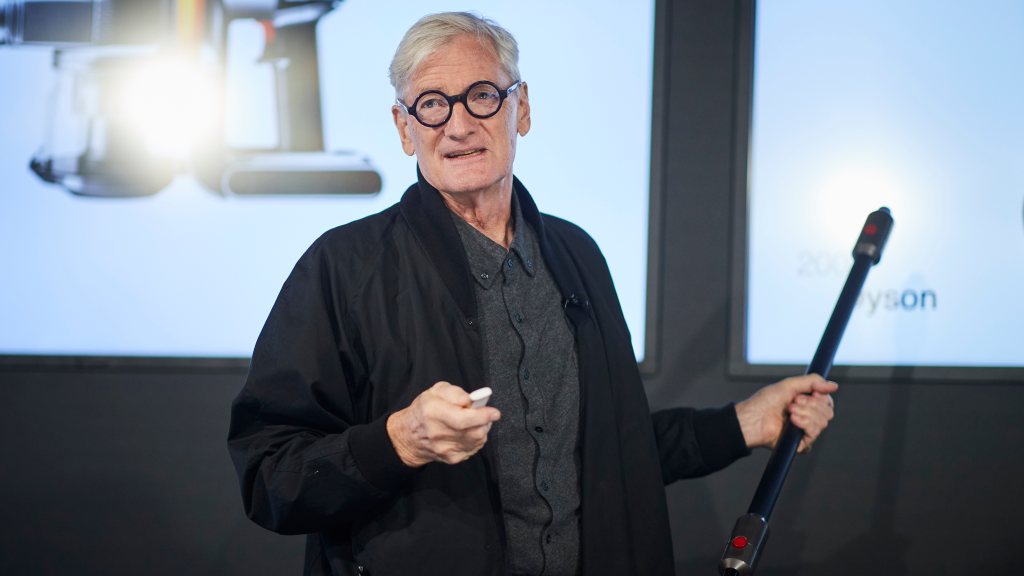Achieving More by Doing Less: A New Approach to Productivity
New Year’s resolutions tend to feel like an overwhelming commitment, which is why I lean towards making smaller, daily changes instead. This perspective got a boost from a recent email featuring a striking statistic: “If every adult in the UK sent one fewer email each day, over 16,433 tonnes of carbon could be saved annually, equivalent to 81,522 flights to Madrid or removing 3,334 diesel cars from the roads.”
While the grammatical inaccuracy regarding “less” instead of “fewer” is frustrating, this claim merits investigation. The email originated from a public relations professional who likely drew from data provided by an energy company. This initiative seems aimed at addressing the escalating electricity costs experienced in the UK post-Russia’s invasion of Ukraine, targeting the email habits of UK consumers.
Upon further examination, it appears there is indeed some validity to these calculations. Mike Berners-Lee, a well-known expert in carbon footprints, has estimated that sending an email can generate carbon emissions ranging from 0.3 grams for spam to 4 grams for standard emails, reaching up to 50 grams for emails with attachments.
The energy company simplified these figures to 1 gram per email. Considering there are approximately 52 million adults in the UK, and 86% of them send emails, this results in the 16,433 tonnes figure. While this number may sound substantial, it pales in comparison to the UK’s overall annual carbon output of 384 million tonnes.
Opting for train travel over flying for vacationing in France would yield greater environmental benefits, just as cutting meat from your diet once a week would also have a more significant impact.
However, the underlying appeal of this idea is not merely its minor contribution to climate change; it promotes a compelling message: working less may actually lead to increased productivity.
Personally, I find that emails consume a significant portion of my day. The constant influx of messages, the need to filter and respond, and the stress of lengthy responses can dominate my schedule—an experience echoed by many in similar roles. Currently, around 370 billion emails are sent each day, averaging 46 emails per person across the globe.
Spam emails can be swiftly discarded, but as noted by Cal Newport, a computer science professor and author of “A World Without Email,” the real challenge lies within the functioning of email itself. This tool creates a “hyperactive hivemind” where remote workers engage in constant, casual exchanges, which Newport describes as a “misery-making machine.”
This dynamic supports the misconception that busyness is synonymous with productivity, which is inaccurate. True work involves meaningful tasks that generate earning potential, while busyness creates the illusion of work through endless meetings and messages that often lead to more meetings without substantial outcomes.
Back in the early 1980s, IBM implemented an internal email system, anticipating a manageable number of messages. However, within one week, their $10 million mainframe was overwhelmed by an unprecedented volume of communications as workers began interacting at a much larger scale than ever before.
Because productivity in a knowledge economy is hard to quantify, a troubling trend emerges where individuals are rewarded for their ability to send emails and attend meetings, rather than for achieving tangible results. During the pandemic, some companies resorted to tracking employee computer mouse movements, leading workers to counteract with “mouse jigglers” to evade such oversight.
In his newest book, “Slow Productivity,” Newport reinforces the idea that doing less can actually enhance productivity. This approach is rooted in prioritizing one task at a time, which reduces the cognitive burden that arises from juggling multiple tasks and their associated emails and meetings. Despite common belief in our multitasking abilities, studies reveal that distractions, even from text messages, can significantly increase error rates in critical tasks, such as administering medication in healthcare settings.
The individual who shared the email carbon footprint information with me explained that it served as a catalyst for conversations around climate change among colleagues. Furthermore, it prompted her to engage directly with people instead of relying solely on email communication, which is a commendable initiative.
Ultimately, the goal should be to minimize unproductive communication and focus more on constructive work. We should all consider reducing the number of trivial tasks we engage in at work. What minor adjustment will you make this year to foster greater productivity?




Post Comment